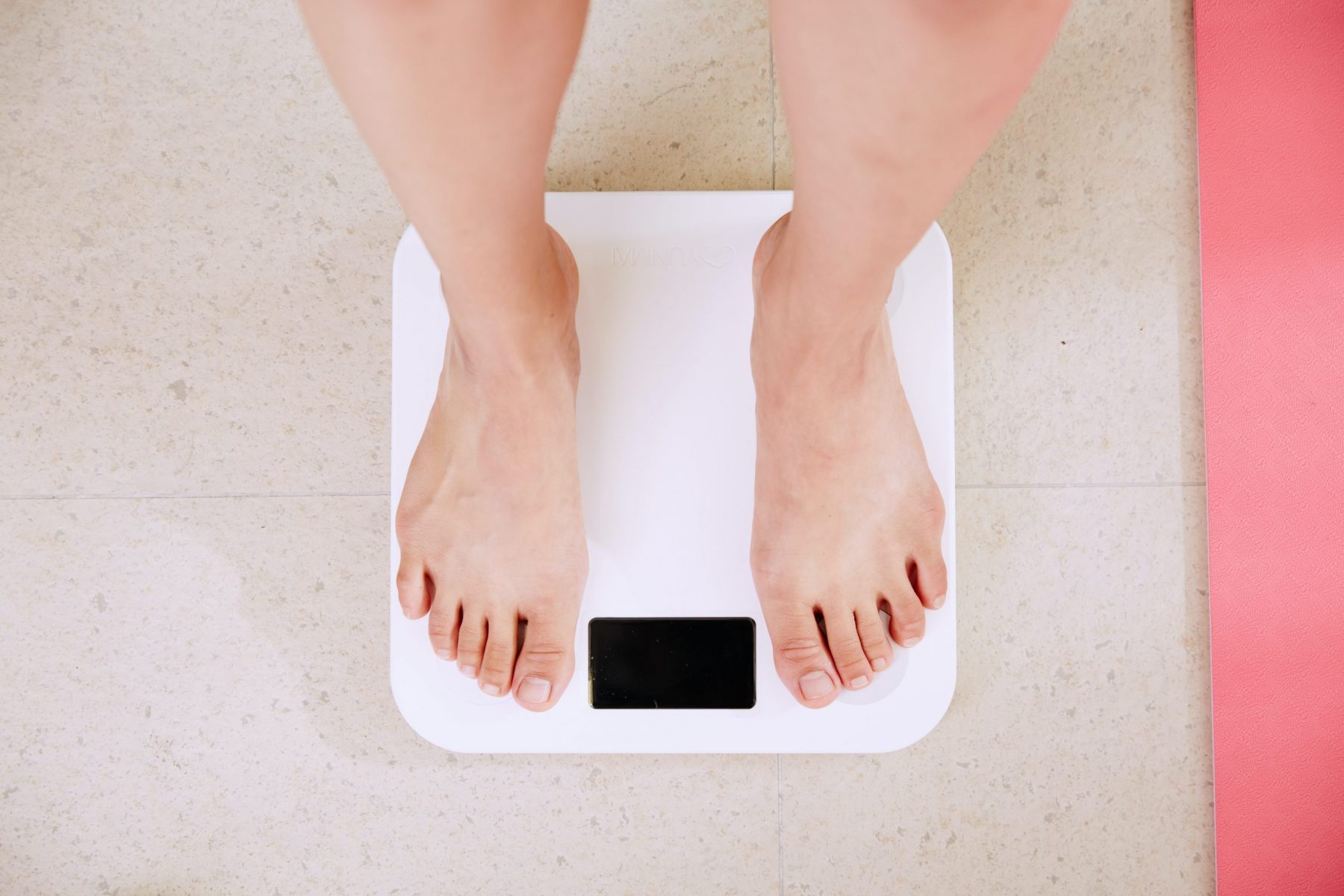The Instagram hashtag #bodypositivity has been used on 5.3 million posts. Almost all of these posts depict people proudly displaying their body and its imperfections. The people behind these posts, who bravely publicize their stretch marks, cellulite, body hair and other flaws, are champions of the “body positivity movement.”
Their goal is to spread the message of unconditional self-love and promote the idea that every person is beautiful despite what society’s harsh standards might imply. By demonstrating pride in their bodies, these people set an example for others, encouraging them to celebrate the skin they’re in. The body positivity movement has gained a lot of traction in recent years. The movement has helped many people love themselves and feel beautiful.
The Positives of the Body Positivity Movement
Central to the body positivity movement is the goal of separating a person’s true beauty from how conventionally attractive they are, or how well they accommodate Eurocentric beauty standards. In American society, the dominant “ideal” body type is skinny, athletic, white or white-passing, young and hairless. This is nearly impossible to attain, so countless people who cannot meet this standard end up feeling worthless or even subhuman because they believe that they are not attractive.
The body positivity movement, however, attempts to shift the focus away from external validation and toward self-acceptance. If a person can look at themselves in the mirror and feel confident and beautiful all on their own, then failure to meet conventional beauty standards cannot bring them down.
One of the biggest challenges that people face when trying to incorporate body positivity into their lives is letting go of practices focused on accommodating societal beauty ideals. Some examples of these habits might be fad dieting, excessive exercise, self-harming or restrictive eating.
By accepting one’s body the way that it is, people can slowly start to achieve healthier relationships with food and physical activity. In this way, the body positivity movement has undoubtedly had a positive impact on many people. However, despite all of the benefits it may bring, the body positivity movement falls short.
The Challenges of the Body Positivity Movement
By emphasizing that everyone is beautiful, the body positivity movement upholds the importance of beauty as an identifier and category, which can be harmful. It directly perpetuates the idea that beauty is an important part of life. While it might make people feel good about themselves to hear “forget what the world may want you to believe, you are beautiful,” this narrative keeps beauty on its pedestal in society.
In reality, a person’s value and worth should not be attached to their external appearance at all. Simply put, the message of body positivity, which says that you are beautiful no matter what, still conflates a person’s inherent worth with their beauty.
Another issue with upholding the importance of beauty is the capitalist implications that the idea carries. A culture obsessed with beauty is one that’s more susceptible to unhealthy consumerism, including fast fashion and a predatory skincare and cosmetic industry.
The body positivity movement constantly tells people that it’s okay to pursue beauty as long as the pursuit occurs on their own terms. Yet this analysis does not account for the harmful effects of participating in the ritualistic purchasing and use of overpriced products. People often engage in consumerist practices under the guise of “self-care,” a concept often intertwined with body positivity.
Why Radical Self-Acceptance Is the Answer
The body positivity movement undoubtedly has major problems. However, it is still important to encourage people to ignore beauty standards and believe in themselves. The alternative to the body positivity movement is radical self-acceptance, which encourages self-love and acceptance regardless of beauty.
Radical self-acceptance is rooted in the belief that physical attractiveness is subjective and temporary, and that humans should not organize themselves or their lives around the idea of “beauty” at all. Instead, people should be confident in their worth and value as a person — simply because they are a person, rather than because they are beautiful.
Underpinning the body positivity movement is a desire to be loved and to feel beautiful despite one’s flaws. But the radical self-acceptance movement takes this one step further by affirming that each person deserves love and acceptance with absolutely no qualifiers.
It’s about going beyond the belief that body fat, wrinkles and hair are beautiful, and believing unapologetically that these things have no correlation at all to a person’s value. According to the radical self-acceptance movement, the mere fact of one’s very existence is more than enough to earn unconditional love and acceptance.
While the body positivity movement has hugely benefited millions of people struggling with their body image, it is time to push the boundaries of its narrative. Physical attractiveness should not be an identifier, because it perpetuates the idea that a person’s value is associated with beauty.
Furthermore, maintaining the importance of physical appearance allows consumerist ideals to flourish in an already toxically capitalist society. Fortunately, moving forward from body positivity is easily facilitated by the radical self-acceptance movement.
By advocating radical self-acceptance, people can feel valuable and important just because they are alive, regardless of their appearance. Uplifting beauty will always exclude someone, but the radical self-acceptance movement promises that setting aside the fixation upon beauty will allow every single person to know their inherent worth.

















